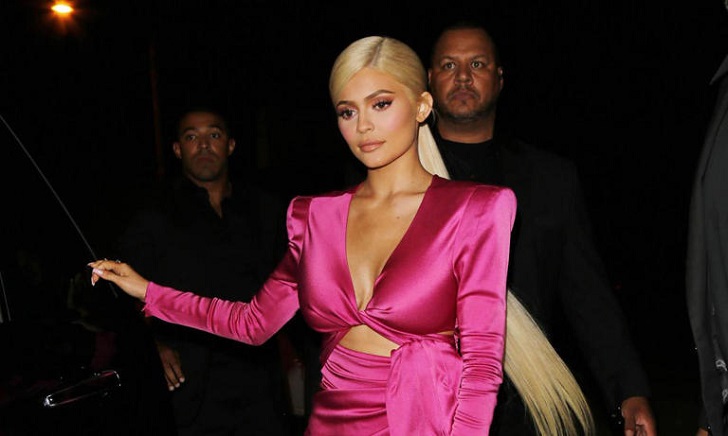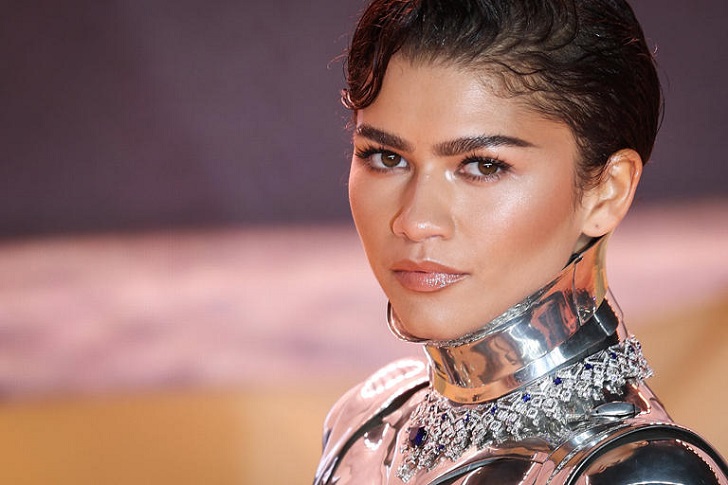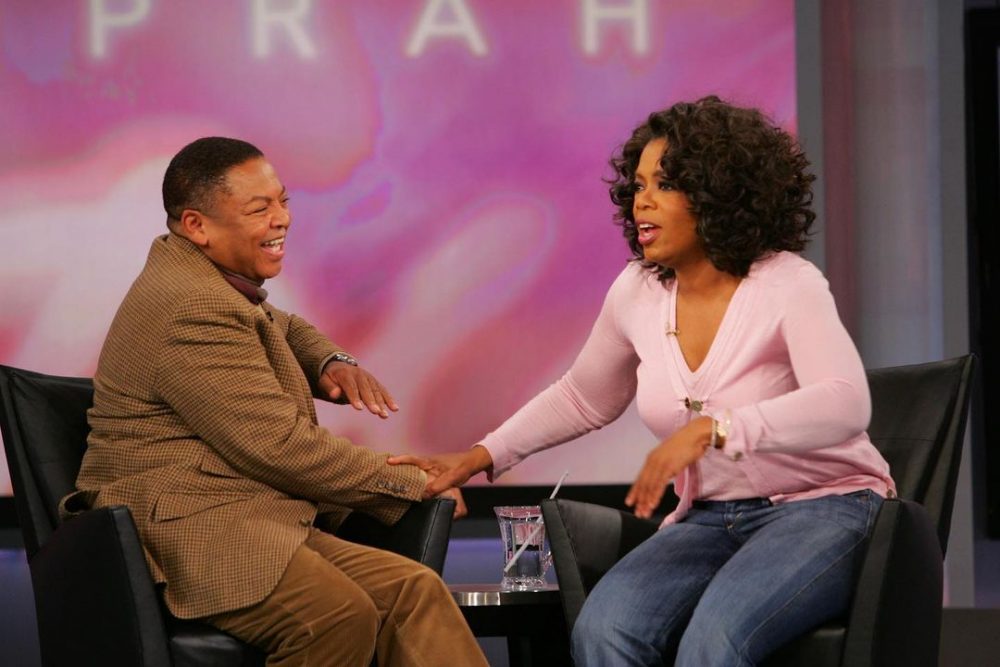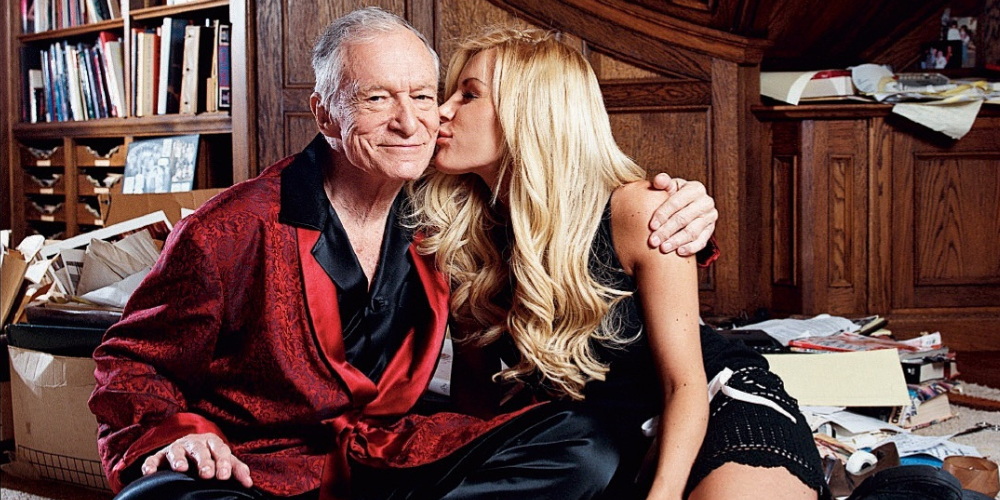In a surprising turn of events, billionaire Elon Musk has sued OpenAI, the company he helped create. He has also sued its CEO, Sam Altman. The lawsuit alleges that OpenAI has abandoned its initial mission of developing artificial intelligence (AI) for the betterment of humanity and instead has focused on generating profits.
The Origins of OpenAI
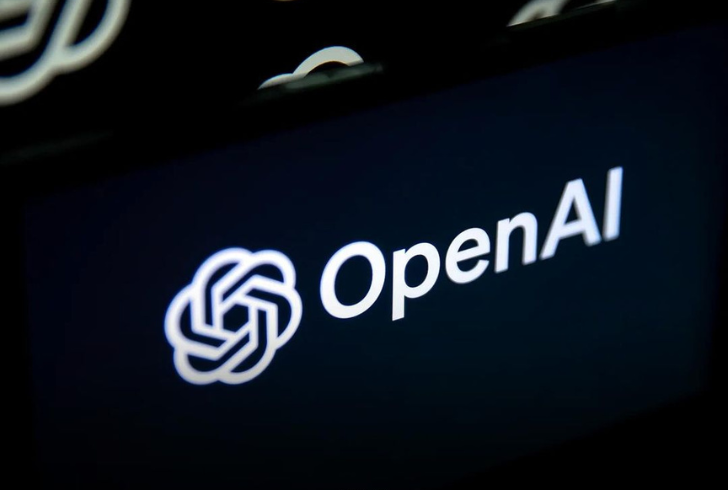
Instagram | chatgptricks | OpenAI founders oppose tech giants like Alphabet Inc.
The lawsuit says Musk, Altman, and Greg Brockman founded OpenAI in 2015. They meant to create an open-source, non-profit to develop artificial general intelligence (AGI). AGI is a concept where machines could do human-like tasks, but they would do them in a way that would "benefit humanity." The founders agreed that OpenAI would work in opposition to tech giants like Alphabet Inc. (Google), which Musk believed was developing AGI solely for profit, posing grave risks to society.
The Alleged Breach of Contract
Musk's lawsuit claims that OpenAI broke its founding agreement in 2023. It did this when it released its most powerful language model, GPT-4, as a Microsoft product. The lawsuit alleges that the founders had agreed to make OpenAI's research and technology available to the public rather than using its assets for the financial gains of Microsoft or any individual.
Musk's Demands and OpenAI's Response
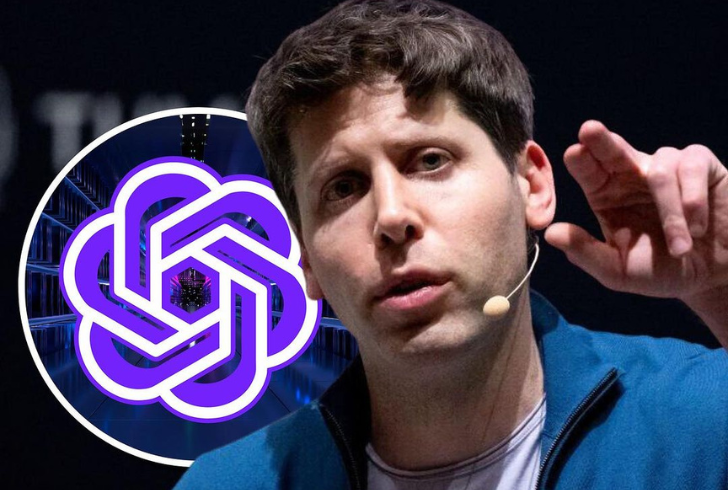
Instagram | chatgptricks | CEO Sam Altman acknowledges challenges ahead, noting, 'It won't be easy.
Musk filed the lawsuit. He wants a ruling to force OpenAI to share its research and tech. He also wants to stop the startup from using its assets, including GPT-4, for profit. Additionally, Musk argues that GPT-4 and a new, more advanced technology called Q* should be considered AGI and therefore fall outside of Microsoft's license with OpenAI.
While OpenAI's top executives have rejected several claims made by Musk in his lawsuit, according to a memo obtained by Axios, CEO Sam Altman acknowledged the challenges ahead, stating, "It was never going to be a cakewalk. The attacks will keep coming."
Musk's Attempt to Seize Control and His Exit From OpenAI
The lawsuit sheds light on Musk's efforts to take control of OpenAI in late 2017, aiming to convert it into a commercial entity in partnership with Tesla, utilizing the automaker's supercomputers.
However, Altman and others resisted, leading to Musk's resignation in February 2018. During his exit meeting with OpenAI staff, Musk called for the organization to increase its development speed, a move that one researcher deemed "reckless."
Musk's Rival AI Effort and Concerns About AI Safety
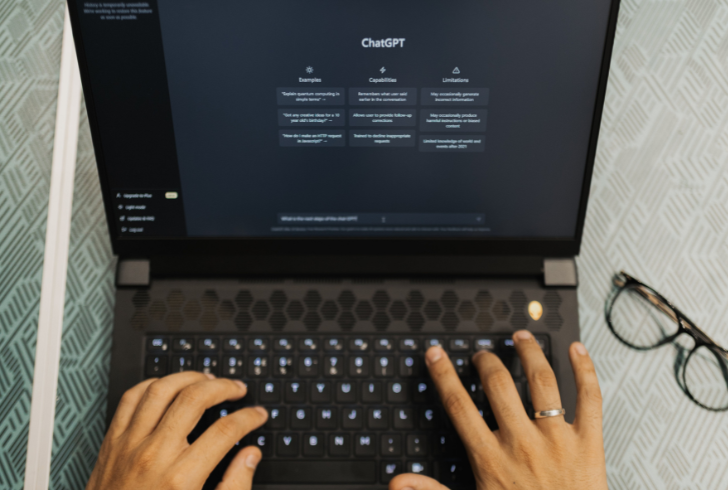
Matheus Bertelli | Pexels | The startup, aiming for Musk's "greatest truth-seeking AI," has launched its ChatGPT competitor.
Since leaving OpenAI, Musk has been vocal about the need to regulate AI. He has launched his own AI startup, xAI. It has engineers from top tech firms like Google and Microsoft. The startup aims to create what Musk has described as the "greatest truth-seeking AI" and has already rolled out its ChatGPT competitor, Grok, for Premium+ subscribers of his social media platform, X.
Musk has well-documented concerns about AI safety. He was among the experts and executives who called for a six-month pause in making systems more powerful than GPT-4. They cited potential risks to humanity and society.
Elon Musk is suing OpenAI. This has restarted the debate about AI development and its impact on society. The legal battle is ongoing. It's not yet clear if Musk's efforts to keep OpenAI true to its mission will succeed or if the startup's partnership with Microsoft will win. Regardless of the outcome, this case highlights the need for transparent and ethical AI development, ensuring that the technology serves the greater good of humanity.

